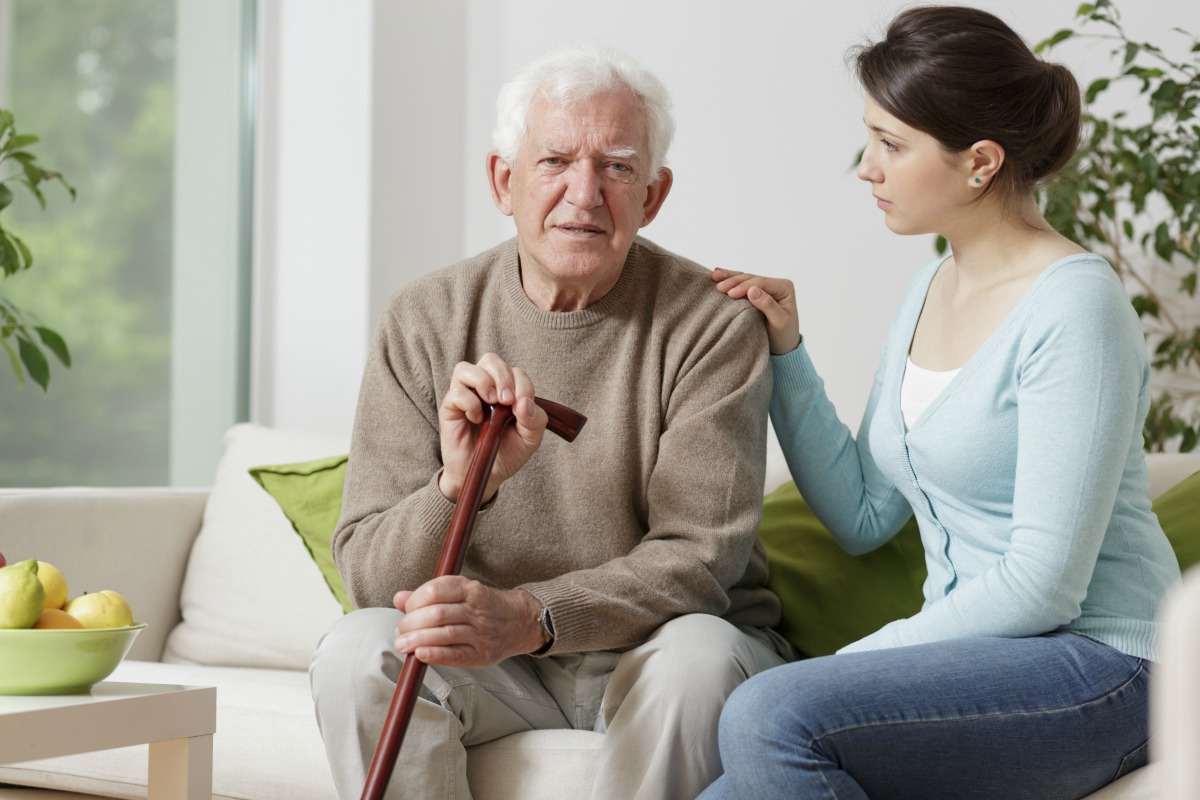
When you fear someone you love is being mistreated, it is natural to want to reach out and help. It seems even more urgent when senior citizens are the victims.
Knowing the possible signs of elder abuse can help you make sound decisions. Not only can you better evaluate situations, but you can also understand when it is critical to intercede – whether by yourself or with the help of a professional.
Let’s take a look at the warning signs that can indicate elder abuse.
Physical Marks
While not the only sign of elder abuse, physical marks are one of the most tell-tale indications someone is being mistreated. Whether it is bruises, abrasions or broken bones, any of these conditions may signal the person is being abused by their caretaker.
Emotional Abuse
Is someone you know acting more withdrawn than usual? Do they seem depressed or not like their usual self? This may be a sign of emotional abuse, and it can result from neglect or as a side effect of physical abuse.
Behavioral Changes
When a senior citizen argues more frequently than normal, is more difficult to get along with than before or suddenly experiences more tense relationships, then these could be signs of elder abuse. Any departure from normal behavior should be noted and addressed, if necessary.
Poor Hygiene
Bedsores are a common occurrence in nursing homes, but it can also be an indication of abuse. If you are noticing the elderly person is unclean or is not getting the medical attention they need, then you may want to consider further action.
Financial Changes
Is someone you know experiencing a sudden change in their financial situation? If it seems like the person is constantly asking for money when they never had before, or if they cannot seem to track where their money is going all of a sudden, this may be a sign of financial elder abuse.
While this is not an exhaustive list of the signs of elder abuse, it does offer some of the more tell-tale signals. Oftentimes, the elderly individual suffers in silence and will not talk about the abuse. If you are worried about the welfare of a senior citizen, then please consider speaking with the local police, or a social service agency. If you need further guidance, you may want to seek the advice of an elder law attorney.
This information is for educational purposes only and is not intended to provide legal counsel or serve as legal advice. If you have an elder law matter, it is best to consult the advice of an attorney. You can get referred to an attorney for a free 30 minute consultation through the San Diego County Bar’s Lawyer Referral & Information Service at www.sdcba.org/ineedalawyer or by calling 1 (800) 464-1529.
It’s interesting that behavioral changes are often an uncontrollable part of elder abuse. It makes sense that if a loved one is being abused then their attitude and demeanor could change. I’ll have to keep this in mind because hiring a lawyer would be a good way to get professional help to make sure it stopped happening.